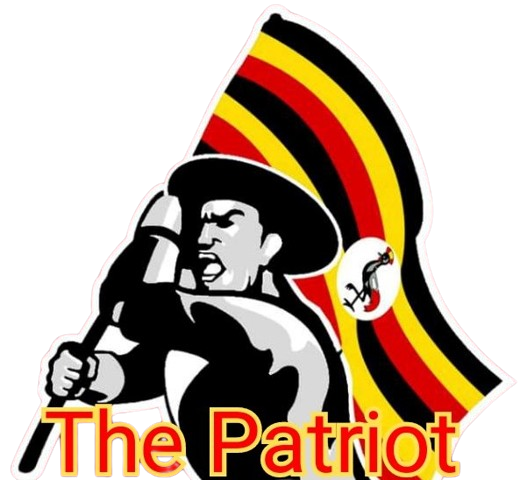OPINION
The political landscape in Uganda is becoming increasingly competitive, with opposition parties stepping up their efforts to challenge the long-standing dominance of the National Resistance Movement (NRM), led by President Yoweri Museveni. Despite being in power for decades, the NRM remains confident in its ability to maintain leadership, emphasizing its achievements and ideological clarity.
President Museveni continues to highlight the NRM’s accomplishments, particularly in infrastructure development, education, and healthcare, asserting that the party’s ideology has played a key role in transforming Uganda. Richard Todwong, the NRM’s Secretary-General, reinforces this confidence, pointing to the party’s well-structured organization and wide support. Todwong believes the NRM remains deeply connected to the population through its grassroots networks, enabling it to address the needs of Ugandans effectively.
Opposition parties, however, are determined to offer an alternative vision for Uganda’s future. The Forum for Democratic Change (FDC) Katonga faction, now rebranded as the People’s Front for Freedom (PFF), is leading the charge, focusing on areas where they believe the NRM has fallen short. They argue that economic empowerment, access to quality education, healthcare, and infrastructure development remain unfulfilled promises. They seek to promote entrepreneurship, job creation, and better wealth distribution, while also emphasizing the need for greater transparency, accountability, and citizen participation in governance.
In response, the NRM has doubled down on its mobilization efforts, utilizing its District Conferences and Executive Committees to galvanize support. The party remains committed to its guiding principles of Nationalism, Pan-Africanism, socioeconomic transformation, and democracy. Justine Kasule Lumumba, the former NRM Secretary General, has urged party members to uphold unity and loyalty to these principles as the party faces heightened political competition.
As the next election cycle approaches, the battle for leadership is intensifying. While the NRM remains confident in its track record and ideological grounding, the opposition is striving to present a compelling alternative for Uganda’s future. Whether the opposition can unseat the NRM and bring about the change they envision remains uncertain, but the contest for Uganda’s leadership is certainly heating up.
The Author is Omor Desmond Polycarp


